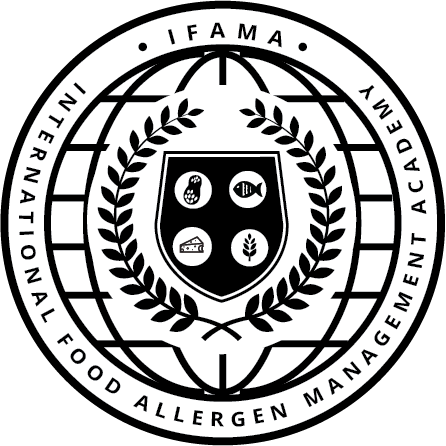I cannot believe we have to ask ourselves this question!
As someone who must carry epinephrine with me at all times in case of an episode of anaphylaxis shock- I would be more than willing to share my medication to save another person's life- because I can't put a price on life. It is in fact what keeps me from remembering to not leave home without it, I figure if I won't do it for myself, what if someone else needed it?
When my son had his first allergic reaction at 15 years old, I used my medication to save his life. Equally my son has used his rescue inhaler to save my life. Yet a Texas school suspended two girls for doing so. The girl who shared her medication should have been given a medal. The school should be thankful it didn't have to report the death of a child.
The Allergy & Asthma Network shared this story: "Two Texas middle school students shared a quick-relief albuterol inhaler earlier this month, it sparked a debate on whether it’s appropriate for asthma patients to share inhalers as well as how schools should handle similar situations. The students had unknowingly violated a school policy that prohibited sharing prescription medications such as inhalers and both were suspended from school." Read full article
 It is my opinion that all life saving medication should be carried in all first aid kits. In fact, unless the medication would kill someone else if used improperly- it should NOT require a prescription. Pain relief is sold OTC but life saving medication is not? With the rise in medically diagnosed food allergies (not just with kids but adults) this is something we should consider fighting for with legislation.
It is my opinion that all life saving medication should be carried in all first aid kits. In fact, unless the medication would kill someone else if used improperly- it should NOT require a prescription. Pain relief is sold OTC but life saving medication is not? With the rise in medically diagnosed food allergies (not just with kids but adults) this is something we should consider fighting for with legislation. While the story is about sharing an inhaler. There is a current petition to make epinephrine an over the counter medication. Click here to view.
Allergic reactions or Asthma attacks can happen anytime, anywhere to anyone without previous notice. Both of these are life threatening illnesses. Although these illnesses may become life long chronic conditions, and people will learn to navigate life differently, it's not something that can be predicted.
As a whole our society needs better training on how to handle episodes of any life threatening chronic illness. A course in public health/safety as a high school requirements that address these issues, may not be a terrible idea.
